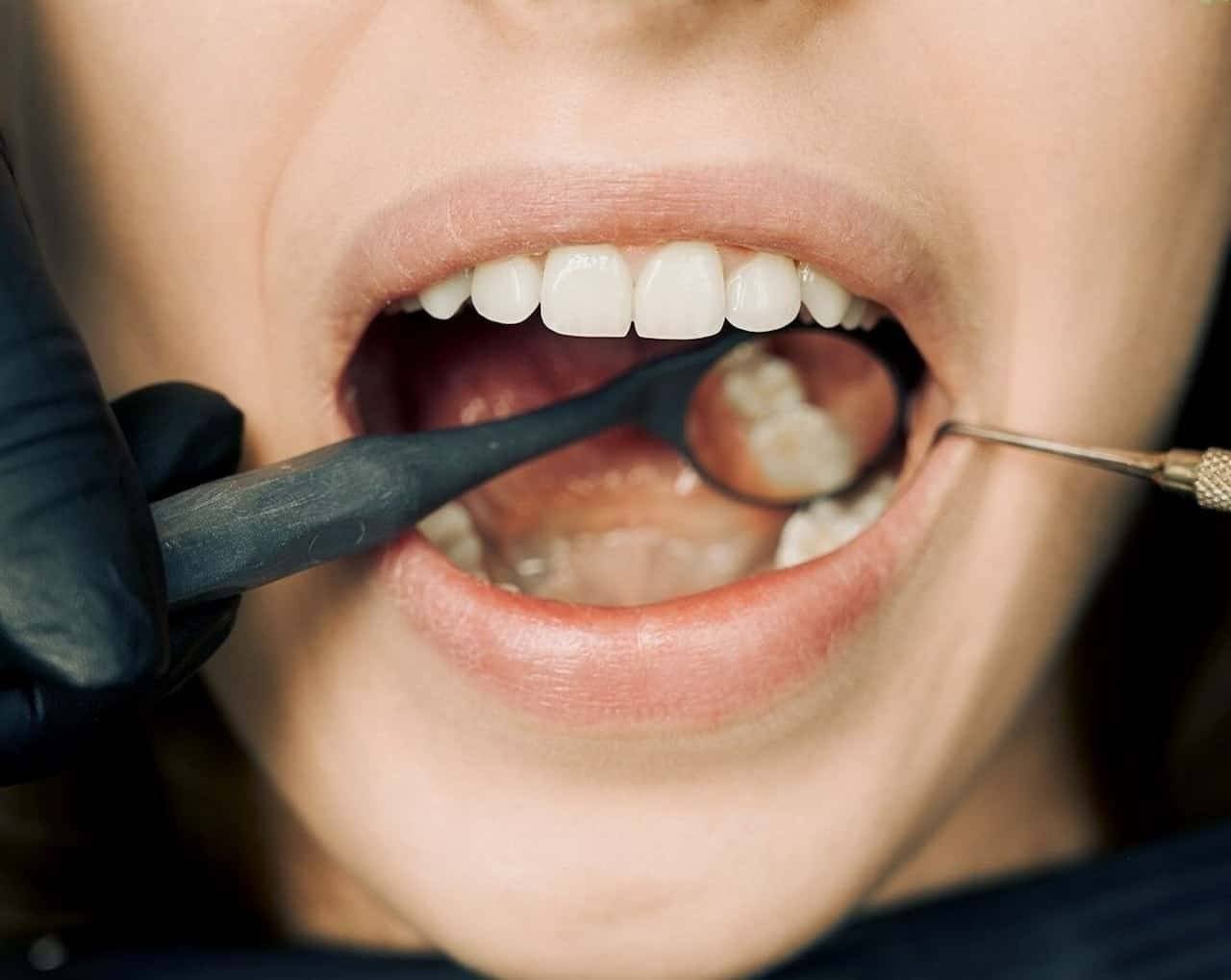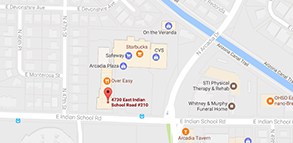Wisdom tooth removal may be a standard procedure for many of us. However, wisdom teeth removal surgery still requires precautions to ensure that you recover correctly soon after the procedure. Your body will need time to recuperate after a procedure, and you need to follow the advice of your dentist or oral surgeon on steps to ensure minimal side effects.
Why Is It Necessary to Have Wisdom Teeth Removed?
Wisdom teeth, or third molars, grow at the very back of your mouth. You may not have these removed if:
- Healthy
- Positioned correctly such that it won’t affect your bite
- Grown completely without impacting surrounding teeth
- Can be cleaned properly
However, because our jaws are not fully evolved to take an additional tooth, wisdom teeth don’t have space to grow properly. Because of this lack of space, they cause problems. Aside from an impacted wisdom tooth or growing horizontally or at an angle, they can also cause the following issues:
- Pain
- Fluid-filled sac (cysts)
- Repeated infection of the surrounding gum tissue
- Tumors
- Gum disease
- Damage to nearby teeth
- Tooth decay
A dentist or oral surgeon may require wisdom tooth extraction even before the onset of these problems. Once they detect impacted wisdom teeth emerging partially through the gums or crowding nearby teeth, oral and maxillofacial surgeons or dentists will recommend scheduling wisdom teeth removal. Oral and maxillofacial surgery is safer if performed at an earlier age. Wisdom tooth extraction performed on older patients is more challenging because the roots and bone have fully formed, resulting in a longer recovery.
To ensure the safest experience during wisdom tooth removal or wisdom tooth extraction, here are five things you should know before your surgery:
Five Things To Know Before Wisdom Teeth Extraction
-
Don’t Vape or Smoke After Surgery
Smoking or vaping involves sucking affects the blood clot that forms in the empty socket, which protects the bone and underlying nerves. The resulting suction in the mouth can lead to dry sockets, which will affect how quickly the healing process of the extraction site. Moreover, dry sockets can be extremely painful. If you can’t give up your nicotine habit, consult a doctor or a pharmacist for other substitutes, such as nicotine patches.
-
Adjust Your Dietary Habits Post-Surgery, Such as Eating Soft Foods
Depending on how many wisdom teeth are to be removed, you will be subjected to specific types of sedation during the procedure. You might not think about the food until the anesthesia wears off. However, you will surely crave something to eat once you wake up. To ensure that you will have a trouble-free healing process, you need to prepare an assortment of soft foods before surgery. The best choices are liquids, tepid soups, purees, and smoothies. Follow the advice of your dentist or oral surgeon on which types of food to eat and when these are safest to eat.
-
Expect Swelling and Pain After Surgery
You won’t expect to feel the full force of the pain until the anesthesia entirely wears off. Expect some discomfort on the first day once the local anesthesia wears off. However, the effects of the anesthetic medicine may have left your system by the second day. Your dentist or oral surgeon will provide you with detailed instructions to help manage pain. If cleared, they may provide prescription pain medication. However, there are cases when pain medication might be harmful. To help keep the pain level at a minimum, you can rest and keep your head elevated. You must keep physical activity at a minimum for days after oral surgery.
-
You Can’t Brush or Rinse Your Teeth for 24 Hours After Surgery
Your dentist or oral surgeon will ask you to hold a piece of gauze at the extraction site right after surgery. They will also provide detailed instructions on what to do right after surgery to ensure that it completely healed sooner. Brushing or rinsing your teeth is not among their recommendations because anything disturbing the surgical site will compromise the healing process. The best thing to do is practice good oral hygiene before surgery.
-
Have Company To Be With You After Surgery
Keeping physical activity to a minimum is essential to ensure proper surgical site healing. Having a close family member to assist you in the first few days of recuperation can be helpful. Moreover, since the anesthetics haven’t worn off after surgery, someone else should drive you home. In the case of general anesthesia, driving home on the same day of your wisdom teeth removal is strictly not recommended.
Do You Need Wisdom Tooth Removal in Phoenix? Dr. Harman Can Help
Once your wisdom teeth erupt, the problems caused by your wisdom teeth on other teeth might be more severe than expected. With a dependable dentist to check your wisdom teeth, you can ensure the proper timing when a wisdom tooth extraction should be done. Aside from the appropriate timing, as a patient, you should also do your part to ensure your body heals appropriately after dental surgery. With Dr. Harman, you can receive proper wisdom teeth management from examination, dental surgery, and until you are completely healed. To learn more facts about wisdom teeth and tooth extraction, or to book an appointment, call us at (602) 840-5300 or fill out the contact form on our “contact us” page.


